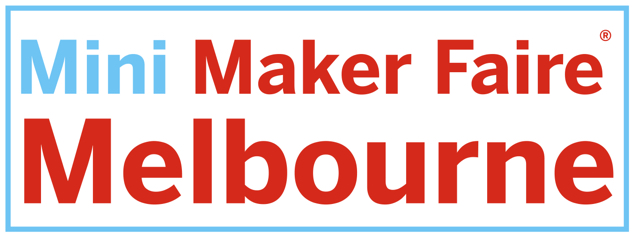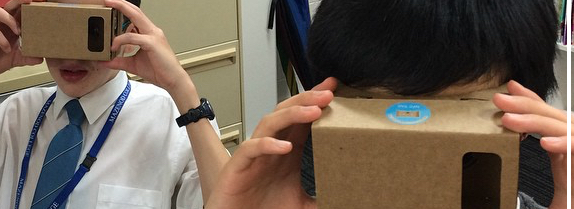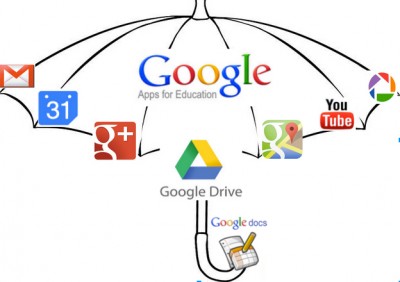A Mini Maker Faire is an event created by Make magazine to “celebrate arts, crafts, engineering, science projects and the Do-It-Yourself (DIY) mindset” (Wikipedia). 3D printing, arduino electronics, coding and Maker activities have come a long way in the three years since the first Melbourne Mini Maker Faire was held at Swinburne University in 2012.
Science, Technology, Engineering and Maths (STEM) has entered the curriculum, the Hour of Code has been adopted worldwide and 3D printers have transitioned from being items of awe to common items in many schools, both primary and secondary. These new tools are providing students with opportunities for hands-on application of science and technology as authentic tools for learning and Makerspaces in schools and libraries have become new spaces for learning.
It’s with great excitement, therefore, that we greet the announcement of 2016 Melbourne Mini Maker Faire!
Date: Saturday 19 March, 10am – 4pm
Location: KIOSC @ Swinburne University of Technology, 369 Stud Road, Wantirna 3152
Cost: Gold Coin Donation
The Victorian Department of Education and Training in association with the Knox Innovation Opportunity and Sustainability Centre (KIOSC) and Swinburne University of Technology are planning this exciting experience by providing a snapshot of what our future may look like.
The program will include: workshops by inventors and makers, demonstrations of cutting edge technologies, hands on activities for children and adults, nutritious food vendors and musical entertainment
Register as a Maker, Volunteer, Sponsor or an Attendee, today!
For information please visit the Melbourne Maker Faire website.
This video by Mat Bettinson of the 2012 Melbourne Mini Maker Faire provides you with an idea of what to expect at a Maker Faire.
Use these links to stimulate your imagination and begin an exploration of Maker Faires worldwide.











